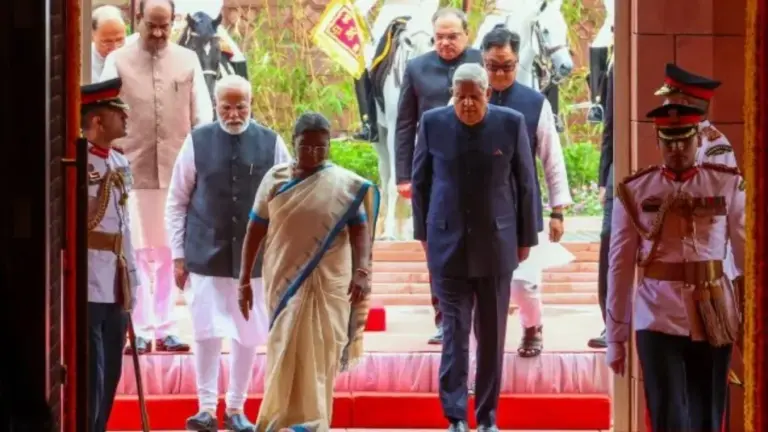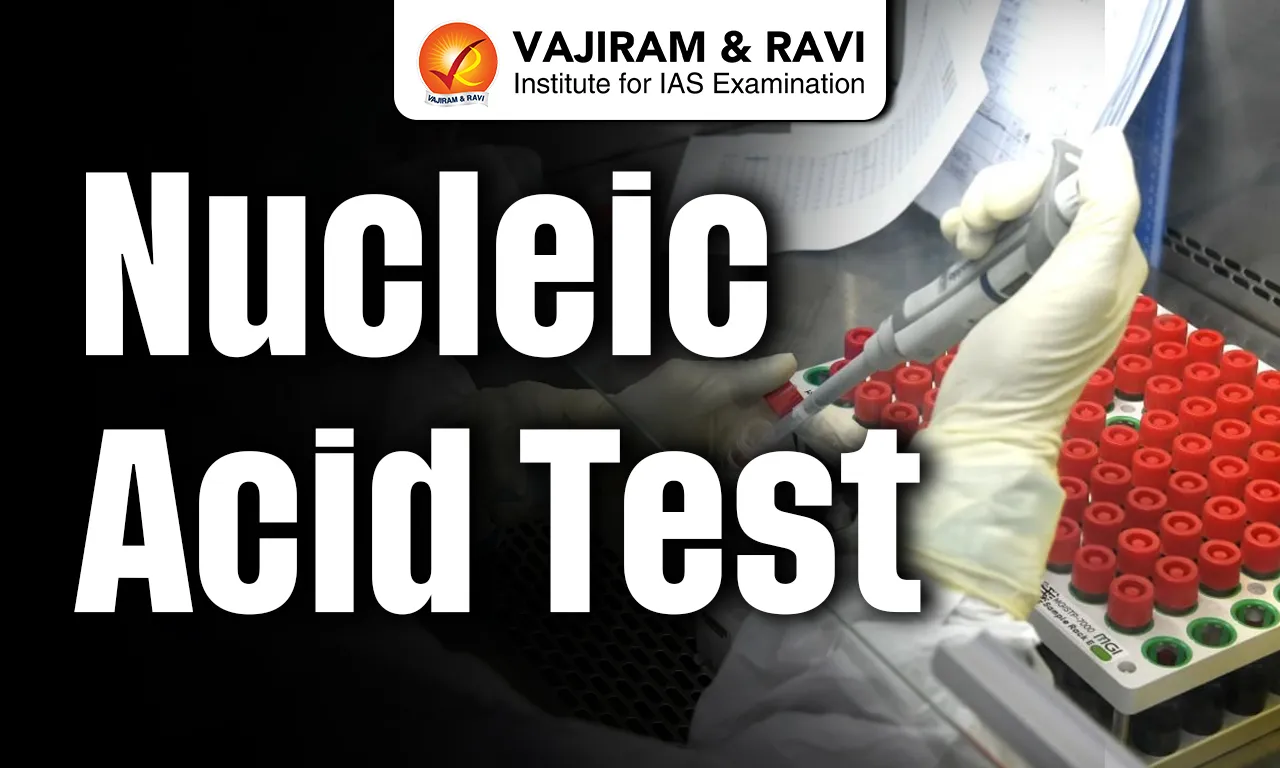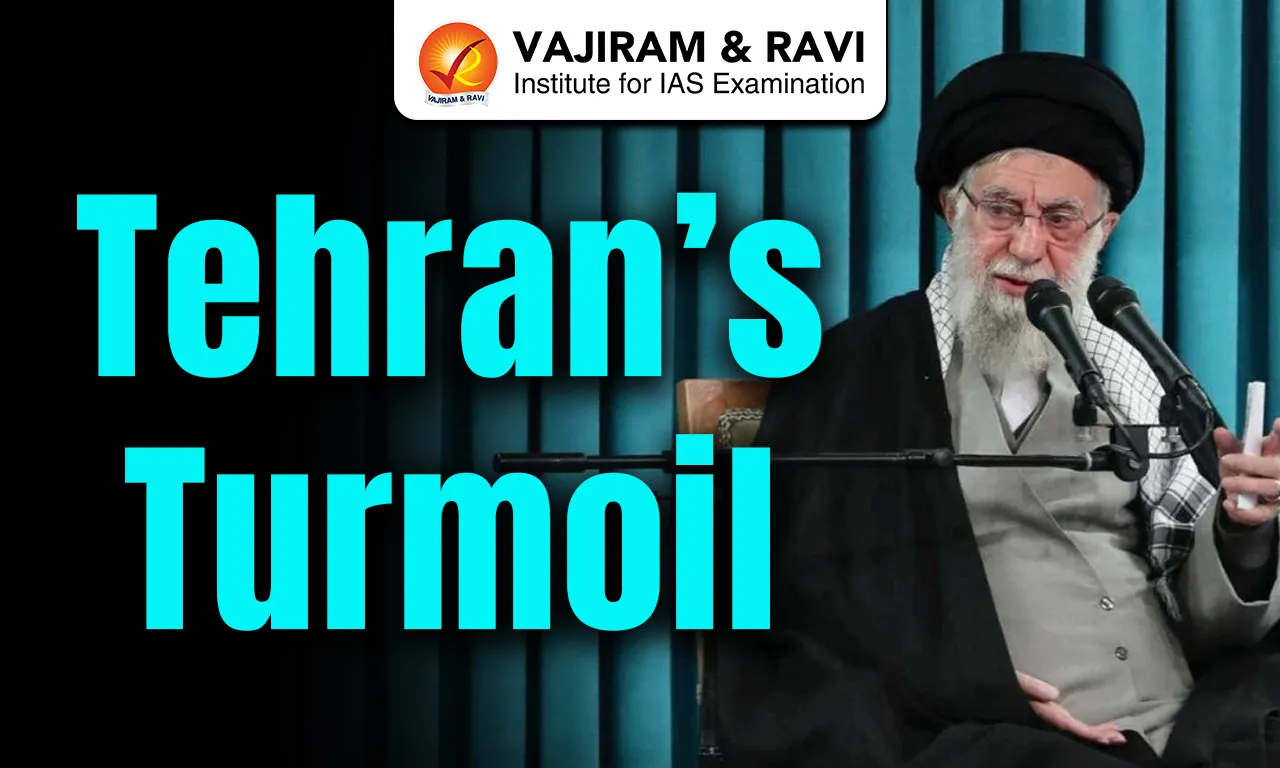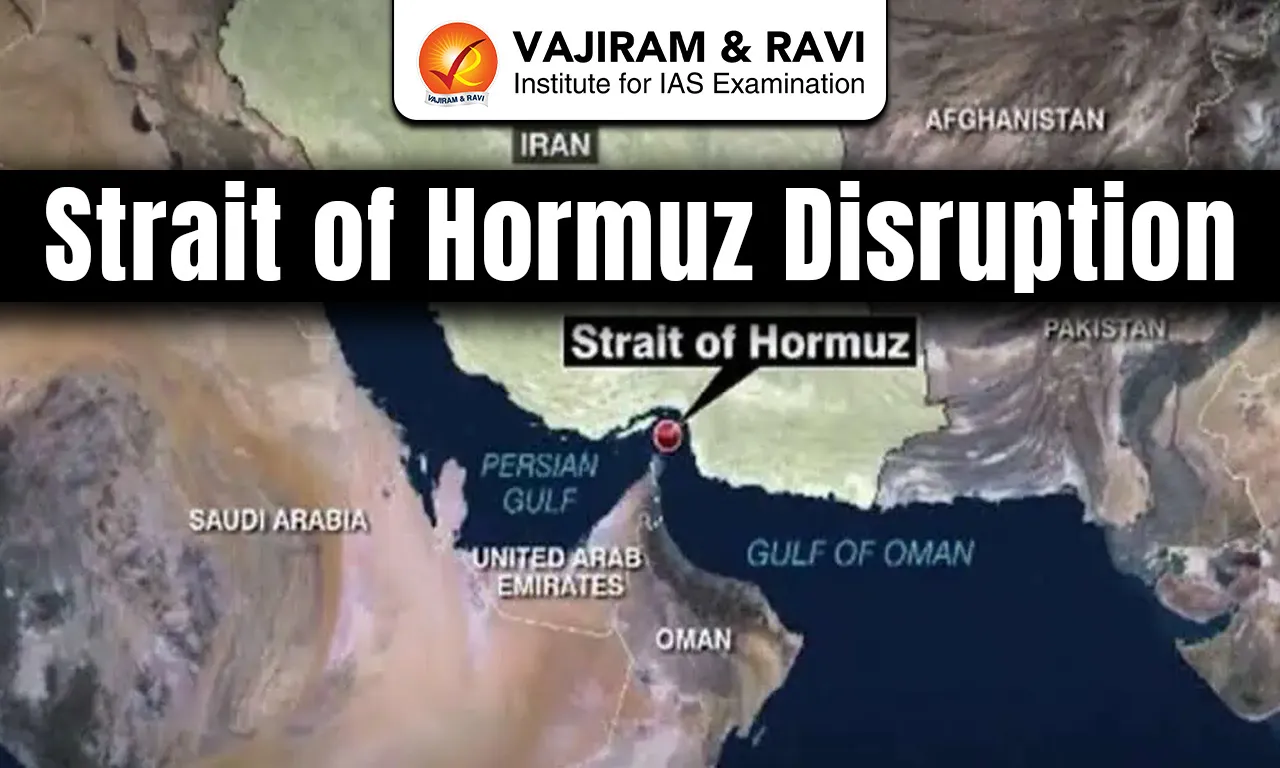What’s in today’s article?
- Why in News?
- President’s Address to Parliament
- Key highlights of the President’s Address – Vision for a Developed India
Why in News?
President Droupadi Murmu addressed the joint session of both houses of Parliament after the constitution of the 18th Lok Sabha.
During this, she spoke about a wide range of topics, including recent paper leak cases, higher voter turnout in Kashmir valley during recently held Lok Sabha polls, concerns over EVMs, India’s agriculture and forthcoming budget.
President’s Address to Parliament
- Article 87 provides two special occasions on which the President addresses a joint sitting.
- The first is to address the opening session of a new legislature after a general election.
- The second is to address the first sitting of Parliament each year.
- The purpose of this address is to inform Parliament of the causes of its summons.
- The President’s speech essentially highlights the government’s policy priorities and plans for the upcoming year.
- The address provides a broad framework of the government’s agenda and direction.
- Apart from this, the President has a right to address any one or both Houses together.
- He may also send messages to either House with respect to a Bill or otherwise.
Key highlights of the President’s Address – Vision for a Developed India
- Upcoming Union Budget: Historic Steps
- The President announced that the Union Budget next month will introduce many historic steps along with significant economic and social decisions to accelerate the country’s development.
- Accelerated Reforms
- Murmu highlighted the government’s commitment to accelerating the pace of reforms in line with the aspirations of the Indian people for rapid development.
- Reference to Emergency and Constitutional Resilience
- The President recalled the Emergency imposed in June 1975 by the Congress government as the “biggest and darkest chapter of direct attack on the Constitution.”
- She praised the resilience of the Indian Constitution and its ability to withstand numerous challenges over the decades.
- Article 370 and Jammu & Kashmir
- Murmu noted that the Constitution has now fully come into force in Jammu and Kashmir following the abrogation of Article 370 in August 2019, which granted the region special status.
- High Voter Turnout in Jammu & Kashmir
- The President highlighted the unprecedented voter turnout in Jammu and Kashmir during the Lok Sabha elections, noting it as a significant response to internal and external elements spreading false propaganda about the region.
- Election Mandate: Trust in Governance
- The President underscored that the 2024 election was a mandate of trust in the government’s policy, intention, dedication, and decisions.
- She listed the key areas of trust: strong and decisive governance, good governance, stability, continuity, honesty, hard work, security, prosperity, and India’s resolve to become a “Viksit Bharat” (developed India).
- Defence of EVMs and Electoral Integrity
- She defended the use of Electronic Voting Machines (EVMs) amidst Opposition criticism, praising the Election Commission for the successful conduct of the elections.
- She underscored the importance of preserving trust in democratic institutions and the electoral process.
- Commitment to Fair Examinations
- Addressing the issue of exam paper leaks affecting thousands, Murmu assured a fair investigation and strict punishment for the culprits.
- She emphasized the government’s dedication to providing transparent and probity-driven opportunities for the youth.
- Call to Action Against Misinformation
- Murmu warned against disruptive forces both within and outside the country, which aim to weaken democracy through misinformation and rumor-mongering.
- She called for collective efforts to counter these threats.
- Appeal for Parliamentary Cooperation
- The President disapproved of parliamentary disruptions and stressed the need for smooth parliamentary functioning to maintain public confidence in the government and the system.
- She emphasized the importance of prioritizing public interest through healthy deliberations and far-reaching decisions.
- Highlighting Government Achievements
- She highlighted the achievements of the Modi government over the last decade, including:
- welfare schemes such as free ration distribution to 80 crore people, Kisan Samman Nidhi payments to farmers,
- a significant increase in defence exports,
- record GST collections,
- construction of PM Awas houses, and
- abolition of interviews for Group C and D posts in the Central government.
- She highlighted the achievements of the Modi government over the last decade, including:
- Focus on Key Demographics
- The President made special mention of women, youth, farmers, and the poor, aligning with Prime Minister Narendra Modi’s emphasis on these groups in government initiatives.
Q.1. What is meant by Electoral Integrity?
Electoral integrity ensures fair, transparent, and credible elections, protecting against fraud and bias. It involves equal voter access, secure voting processes, impartial administration, and clear procedures for registration, voting, and counting.
Q.2. What is Article 87 of Indian Constitution?
Article 87 of the Indian Constitution pertains to the summoning and prorogation of sessions of Parliament. It outlines the President’s power to summon each House and prorogue them, as well as the power to dissolve the Lok Sabha.
Source: Mandate for strong & decisive govt, historic steps this Budget: President Droupadi Murmu | PIB | Business Standard
Last updated on March, 2026
→ UPSC Notification 2026 is now out on the official website at upsconline.nic.in.
→ UPSC IFoS Notification 2026 is now out on the official website at upsconline.nic.in.
→ UPSC Calendar 2026 has been released.
→ UPSC Final Result 2025 is expected to be released soon.
→ Check out the latest UPSC Syllabus 2026 here.
→ Join Vajiram & Ravi’s Interview Guidance Programme for expert help to crack your final UPSC stage.
→ UPSC Mains Result 2025 is now out.
→ UPSC Prelims 2026 will be conducted on 24th May, 2026 & UPSC Mains 2026 will be conducted on 21st August 2026.
→ The UPSC Selection Process is of 3 stages-Prelims, Mains and Interview.
→ Prepare effectively with Vajiram & Ravi’s UPSC Prelims Test Series 2026 featuring full-length mock tests, detailed solutions, and performance analysis.
→ Enroll in Vajiram & Ravi’s UPSC Mains Test Series 2026 for structured answer writing practice, expert evaluation, and exam-oriented feedback.
→ Join Vajiram & Ravi’s Best UPSC Mentorship Program for personalized guidance, strategy planning, and one-to-one support from experienced mentors.
→ Check UPSC Marksheet 2024 Here.
→ UPSC Toppers List 2024 is released now. Shakti Dubey is UPSC AIR 1 2024 Topper.
→ Also check Best UPSC Coaching in India


















